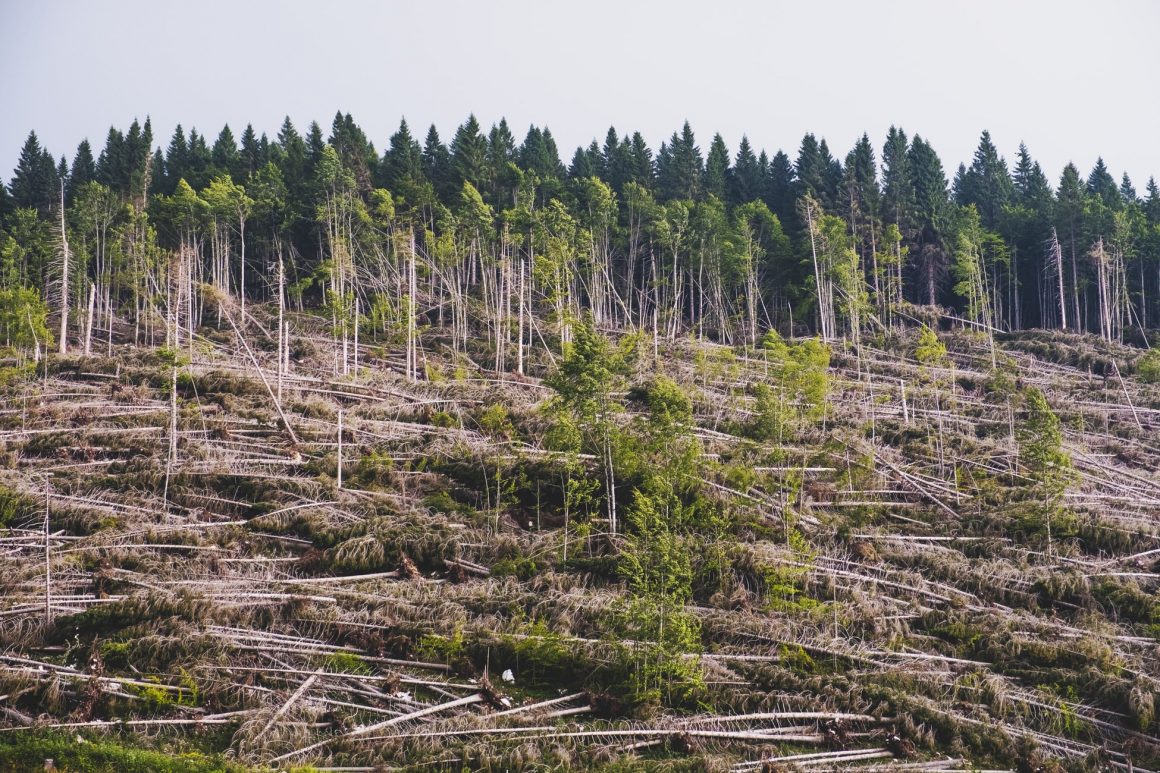
Group of professors send Letter to the Editor inviting dialogue on climate change
By Kristy Koehler, September 30 2019—
(With files from Frankie Hart)
Three University of Calgary professors spearheaded an initiative to spark conversation about climate change.
Ann-Lise Norman (Department of Physics and Astronomy), Melanie Kloetzel (School of Creative and Performing Arts) and Gwendolyn Blue (Department of Geography) spearheaded a ‘Letter to the Editor’ inviting an open dialogue on climate change.
“It’s about trying to open a door to say we invite dialogue, but also to show that this is not really a dialogue about whether climate change is happening or not — that science has already been done,” said Kloetzel. “There’s no question that the way we consume, the way we produce, the way we dispose of materials and resources ends up having an impact on the planet — that’s pretty basic. What that impact is, then, is something we want to share with other people based on our research, rather than have it kind of isolated in the ivory tower. All that research should be readily available to the public.”
More than 60 professors from across the province have signed the letter, published on the Gauntlet’s website. Kloetzel says the letter was intended to let the public know there is a broad range of research being done on climate issues and that the people doing that research are open to talking about it.
“That is how we’re framing it — it’s an invitation,” Kloetzel says. “It’s about trying to invite the public to come and dialogue with people who are doing research around climate issues all the time.”
“My hope is that we can continue conversations around climate change — that there can be a recognition on the part of people outside of the university that there’s a lot of research going on and that it’s perfectly okay to reach out and learn more about our research,” said Blue. “We wanted to show that there’s an openness to having a discussion and a recognition that we’re not all necessarily going to say the same thing.”
The professors all come from varying research backgrounds — geography, chemistry, sociology, dance, history, kinesiology and architecture to name a few. As a result, they may all have different viewpoints about how to best to respond to climate change.
“We each have a different angle in terms of our research, but we’re doing genuine research in this area, and it’s not about partisan efforts, it’s actually just about trying to create the best global community we can,” said Kloetzel. “It’s not a disciplinary divide, it’s not a partisan divide. We all live on the same planet.”
“It’s okay to disagree,” added Blue. “But it’s the nature of our disagreements — can they be reasonable, civil, not polarized, done with generosity, kindness and a willingness to listen? That would be a big improvement over where we are right now in the public sphere. We’re in a very polarized place — people get very emotional about climate change. […] Particularly in this time of climate crisis, it might not be on people’s radar that talking is an option.”
The group has been trying to get the invitation published, but so far haven’t had any luck, which raises some questions about the larger state of climate dialogue in the media.
“There are challenges, in some instances, with [media] coverage of climate change, and finding avenues to talk about climate change in this province, particularly on an ongoing basis is challenging,” said Blue.
With the climate strikes happening around the city, there has been plenty of news coverage, but the ongoing discussion, according to Blue, isn’t happening.
“There is a real argument to made for normalizing conversations around climate change,” she said.
Kloetzel says that educators, researchers and the community at large have a role to play in setting a vision for the future.
“Rather than just reacting from despair or hopelessness or anxiety — which is bubbling up a lot among young people especially — rates of depression and anxiety are quite high, and a lot of it is in response to these uncertainties around climate issues — it’s about trying to figure out what the way forward is,” Kloetzel said. “It’s a moment of educational leadership. It’s a responsibility as educational leaders, as instructors, as teachers, as professors, to communicate about the circumstances of the world with students and to have that open dialogue.”
“I think it’s important also to make sure that we are open to that as faculty members, in terms of the next generation, to start to say, ‘We actually want to share this research with you as well.’ It’s not just for the public, it’s also for the students on campus,” she continued. “So, I think that’s also an important factor in us writing the letter in the first place — we also want to feel like we’re giving a hand out to the students to say ‘Look, if you want to come and talk to us, please come and talk to us.’ It is for the larger public, but it’s also for the students on campus.”
